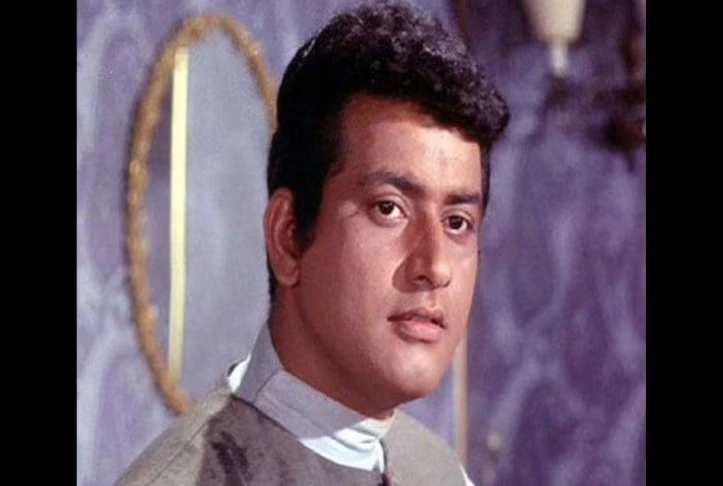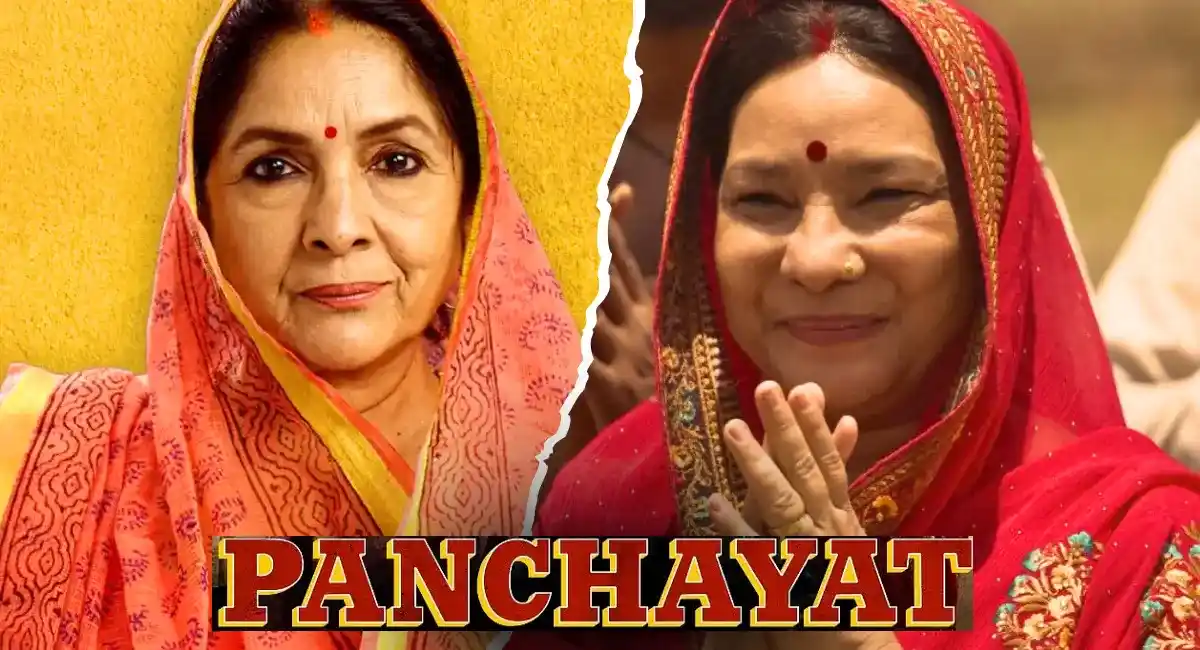The Squid Game Season 3 review begins with a harsh reality: Season 2 left Gi-hun broken and defeated. His failed rebellion cost lives, including his closest friend Jung-bae.
Now you’re watching the aftermath unfold in what promises to be the series’ most brutal chapter yet. Netflix dropped all six episodes on June 27, 2025, bringing this global phenomenon to its bloody conclusion.
Spoiler Warning: This review contains major plot details from all six episodes.
Plot & Structure Breakdown
Act 1: Aftermath & New Rules
The season opens with 60 survivors and a muted, traumatized Gi-hun. Lee Jung-jae delivers a powerhouse performance as a man consumed by guilt and rage. You’ll see Player 456 grappling with the weight of his choices. The revolution he led has failed spectacularly.
Act 2: Games & Gambits
The VIPs take center stage with their twisted interventions. The democratic vote mechanic returns, forcing players to choose between continuing or splitting the prize. These sequences reveal the show’s ongoing commentary on mob rule and desperation. Every vote carries life-or-death consequences.
Act 3: Finale & Shock Twist
The final game, “Sky Squid Game,” pushes contestants to deadly heights. Without spoiling too much, the ending includes a baby subplot that has divided fans completely.
Character Deep-Dive
Gi-hun’s Heartbreaking Evolution
Lee Jung-jae transforms Gi-hun from a defiant leader to a broken spectator. You witness his moral compass shatter when he kills Player 388 (Dae-ho) in Episode 2. This character assassination shows how trauma can corrupt even the most well-intentioned heroes. Gi-hun’s journey becomes increasingly dark and morally ambiguous.
New & Returning Players
Jo Yu-ri shines as Jun-hee (Player 222), whose pregnancy storyline drives much of the emotional weight. Yim Si-wan brings magnetic menace to crypto bro Myung-gi. Park Sung-hoon returns as Hyun-ju, delivering some of the season’s most touching moments before her tragic exit.
VIPs & Game Masters
The wealthy spectators get expanded screen time, and it doesn’t work. Their cartoonish dialogue and poor performances break immersion every time they appear. These scenes feel like a different show entirely – one that’s far less sophisticated than the Korean drama surrounding them.
Themes & Tone Analysis
Critics argue that Season 3 prioritizes brutality over meaningful commentary. The hide-and-seek game forces players to literally murder each other with knives. You’ll find yourself questioning whether the show still has something important to say or if it’s just delivering shock value.
Democracy & Desperation
The voting mechanics serve as a heavy-handed political metaphor. Players must repeatedly choose between safety and greed. These sequences work better as character studies than political commentary, revealing individual motivations under extreme pressure.
Trauma & Survival
The baby storyline represents the show’s darkest turn. When Jun-hee’s newborn becomes Player 222, you’re watching childhood innocence weaponized for entertainment. This plot point has sparked intense fan debate about the series crossing moral lines.
Technical Craft & Production
Cinematography & Design
The visual language remains stunning. Neon-bright game arenas contrast sharply with sterile voting chambers. Production design maintains the series’ trademark aesthetic, though some digital effects in the final game feel less polished.
Sound & Score
The audio design balances jump scares with ambient dread effectively. Musical cues heighten tension without overwhelming dramatic moments. Jung Jae-il’s score continues to be a series highlight, supporting emotional beats perfectly.
Audience & Fan Reactions
Twitter erupted with comparisons to Game of Thrones, with many fans feeling betrayed by the ending. Rotten Tomatoes shows the divide: 88% critic score versus 39% audience score.

Heart-Wrenching Twist
The baby subplot has left viewers emotionally devastated. Fan theories about Gi-hun’s ultimate sacrifice dominated social media discussions. Many consider this the series’ most heartbreaking moment, surpassing even Season 1’s marble game.
Darkest Installment?
Online polls consistently rank Season 3 as the bleakest entry. The violence feels more personal and less metaphorical than previous seasons.
Season 3 cements Squid Game’s place in streaming history. However, questions remain about whether the story needed this extended conclusion. The Cate Blanchett cameo hints at potential American spin-offs, though nothing’s confirmed.
Final Verdict & Rating
Squid Game Season 3 delivers technical excellence and emotional gut punches, but suffers from narrative fatigue. The performances remain strong, particularly Lee Jung-jae’s devastating portrayal of a broken hero.
This Squid Game Season 3 review finds a series that succeeds as spectacle but struggles to justify its extended existence beyond the perfect Season 1 conclusion.












